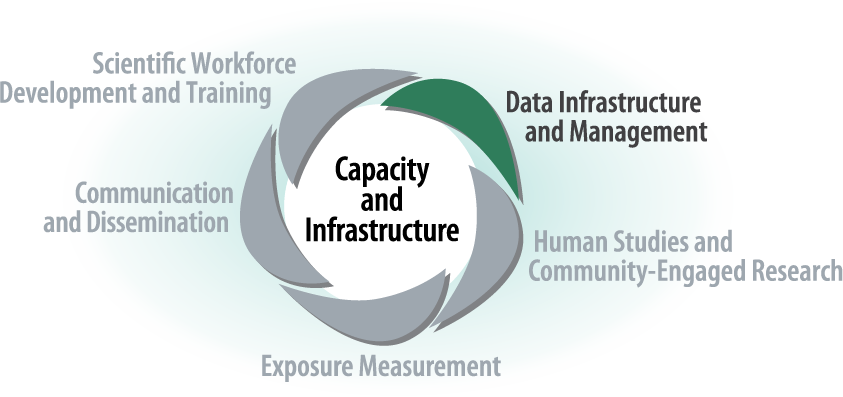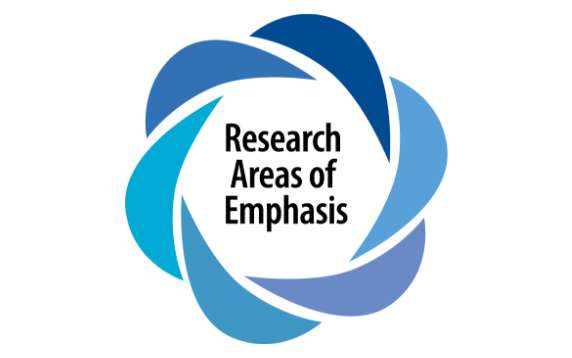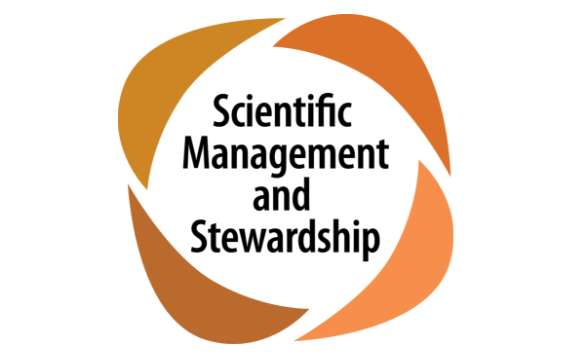Capacity and Infrastructure

The progress we expect to make in our Research Areas of Emphasis is highly dependent on data-driven discovery. The rate of discovery will, in turn, be determined by the resolution of complex problems related to data integration, harmonization, accessibility, storage, and security. Our efforts must be to ensure the research community can readily adopt and integrate technical advances in data science methodologies and technologies into environmental health sciences that are accurate, high-resolution, and of high utility to researchers.
- Implement policy, incentive, and funding systems that promote FAIR+ data practices.
- Ensure data repositories, data standards, common data elements, and curation methods are used to support FAIR+ data sharing practices, to lower barriers to effective data sharing and interoperability.
- Advance training in FAIR+ data science and management, as well as policies for their responsible use in environmental health research contexts.
- Develop partnerships to include environmental health data in current and future repositories and facilitate processes for sharing such data for effective team science and collaborations across the biomedical enterprise.
Other Strategic Plan Sections

Crosscutting Themes
NIEHS is committed to collaborations and partnerships across its endeavors to successfully contribute to the critical work of NIEHS.

Research Areas of Emphasis
NIEHS will conduct high-quality, innovative environmental health sciences research on the effects of the environment on biological systems and processes.

Scientific Management and Stewardship
NIEHS prioritizes scientific stewardship and operational principles that align with the institute’s commitment to advancing human health and understanding the environment’s impacts on human health.


